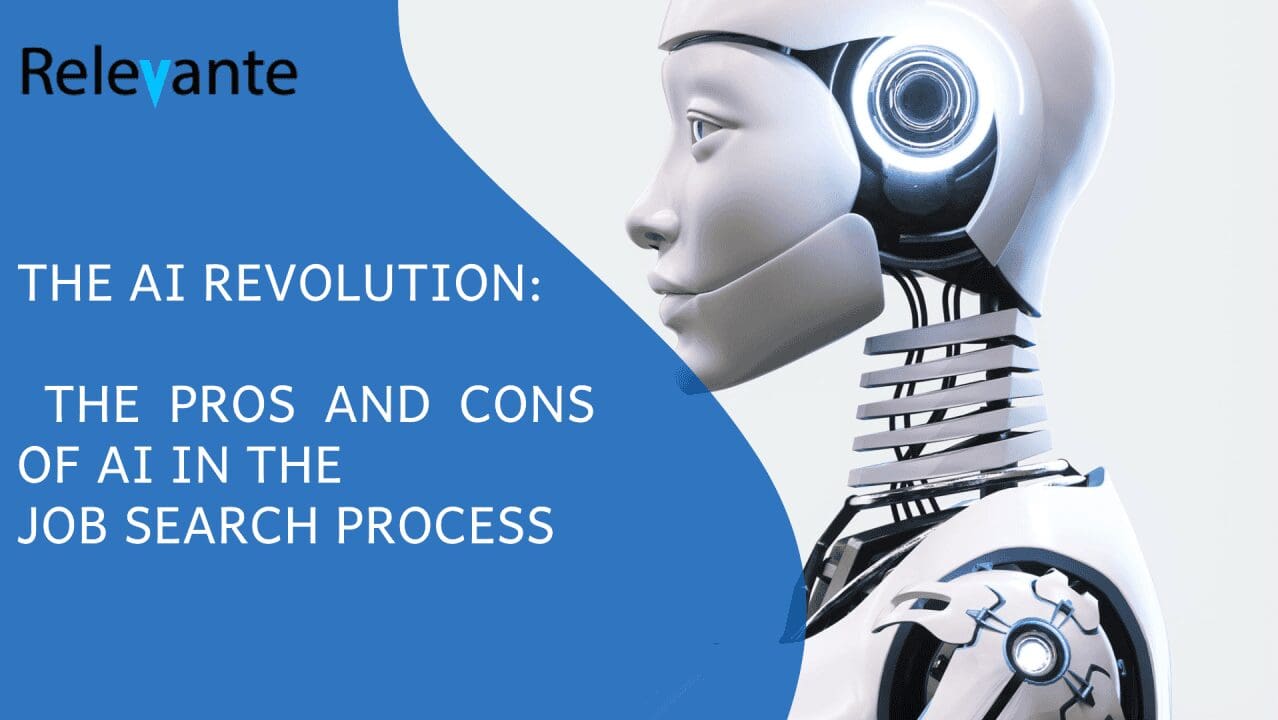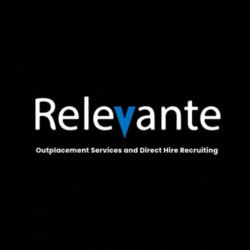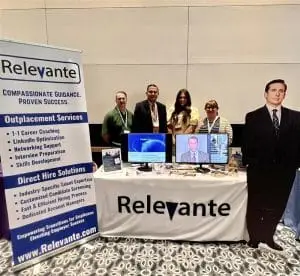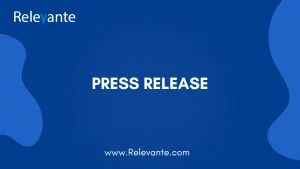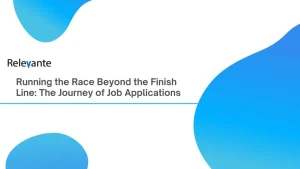The rapid advancement of artificial intelligence (AI) has brought about a seismic shift in many aspects of our lives, and the job search process is no exception. As we navigate the AI revolution in 2024, it’s essential to understand both the advantages and disadvantages AI brings to job seekers and employers alike. This blog post explores the multifaceted impact of AI on the job market and provides insights on how to leverage its benefits while mitigating potential downsides.
The Pros of AI in the Job Search Process
1. Enhanced Efficiency and Speed
One of the most significant advantages of AI in the job search process is the increased efficiency and speed with which job seekers can find opportunities and employers can identify suitable candidates. AI-driven platforms can scan through thousands of job listings and resumes in a fraction of the time it would take a human, streamlining the initial stages of recruitment.
2. Improved Job Matching
AI algorithms can analyze vast amounts of data to match candidates with job opportunities that align with their skills, experiences, and preferences. By leveraging machine learning, these systems continually improve their accuracy, leading to better job matches over time. This personalized approach helps job seekers find roles that are a better fit for their career aspirations and skill sets.
3. Bias Reduction in Hiring
AI has the potential to reduce unconscious bias in the hiring process. By focusing on objective criteria such as skills and experience, AI-driven hiring tools can help minimize the impact of human biases related to gender, ethnicity, age, and other factors. This can lead to a more diverse and inclusive workforce.
4. Automation of Routine Tasks
For employers, AI can automate many of the routine tasks associated with recruiting, such as screening resumes, scheduling interviews, and providing initial candidate assessments. This allows human resources professionals to focus on more strategic aspects of recruitment, such as engaging with candidates and making final hiring decisions.
The Cons of AI in the Job Search Process
1. Over-Reliance on Algorithms
While AI can enhance efficiency, over-reliance on algorithms can lead to issues. Algorithms are only as good as the data they are trained on, and if that data is flawed or biased, the AI can perpetuate those issues. This can result in qualified candidates being overlooked if their resumes don’t align perfectly with the algorithm’s criteria.
2. Lack of Human Touch
The job search process is inherently personal, and the lack of a human touch in AI-driven recruitment can be a drawback. Automated systems may fail to capture the nuances of a candidate’s personality, cultural fit, or potential for growth, which are often critical factors in hiring decisions. This can lead to mismatches and dissatisfaction for both employers and employees.
3. Privacy and Data Security Concerns
The use of AI in recruitment involves the collection and analysis of vast amounts of personal data. This raises significant privacy and data security concerns. Job seekers may be wary of how their information is being used and whether it is being stored securely. Employers must ensure they comply with data protection regulations and adopt robust security measures.
4. Displacement of HR Jobs
As AI automates more aspects of the recruitment process, there is a potential for displacement of HR jobs. Roles that involve routine tasks, such as resume screening and initial candidate assessments, may become less relevant, leading to job losses in the HR sector. This necessitates a shift towards more strategic and human-centric roles within HR.
Balancing the Pros and Cons
Navigating the AI revolution in the job search process requires a balanced approach. Here are some tips for job seekers and employers to make the most of AI while addressing its challenges:
For Job Seekers:
– Optimize Your Resume: Use keywords that match job descriptions to ensure your resume is picked up by AI-driven screening tools.
– Showcase Soft Skills: Highlight soft skills and cultural fit in your resume and cover letter, and be prepared to discuss these in interviews.
– Stay Informed: Keep up-to-date with the latest AI trends in recruitment and understand how they can impact your job search.
For Employers:
– Implement Bias Mitigation Strategies: Regularly audit your AI tools to ensure they are not perpetuating biases and are based on diverse and representative data.
– Maintain Human Oversight: Ensure that AI tools supplement rather than replace human judgment in the hiring process.
– Prioritize Data Security: Implement robust data protection measures to safeguard candidate information and comply with relevant regulations.
The AI revolution in the 2024 job search process presents both exciting opportunities and significant challenges. By understanding the pros and cons, job seekers and employers can navigate this evolving landscape more effectively. Embracing AI’s potential while remaining mindful of its limitations will be key to creating a more efficient, equitable, and human-centered job market.

